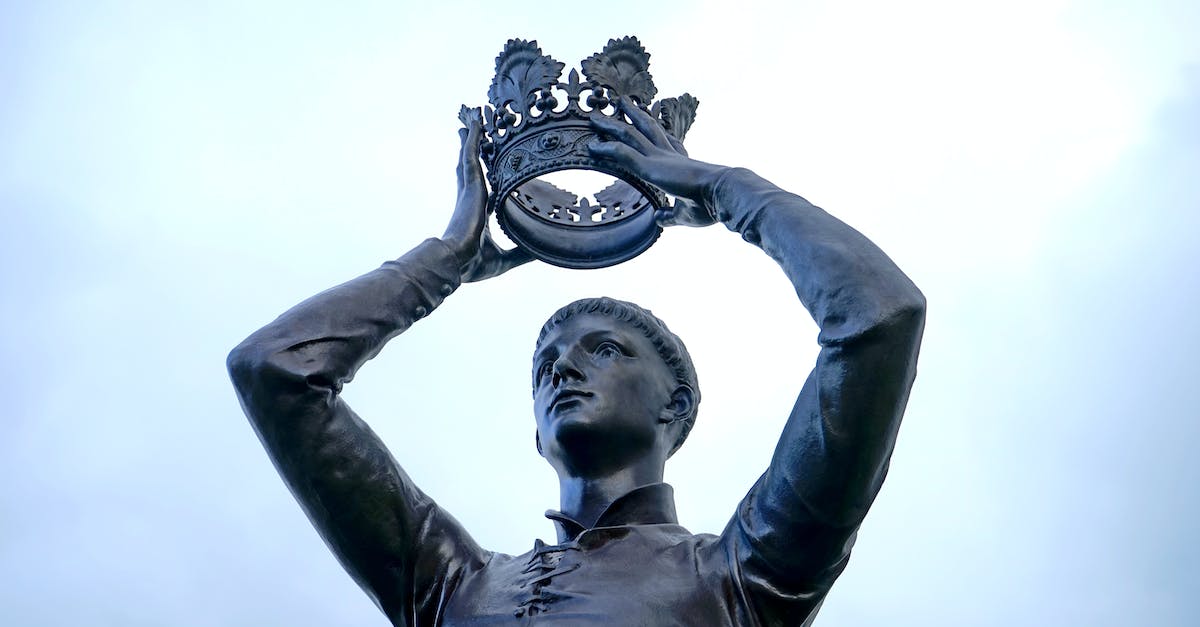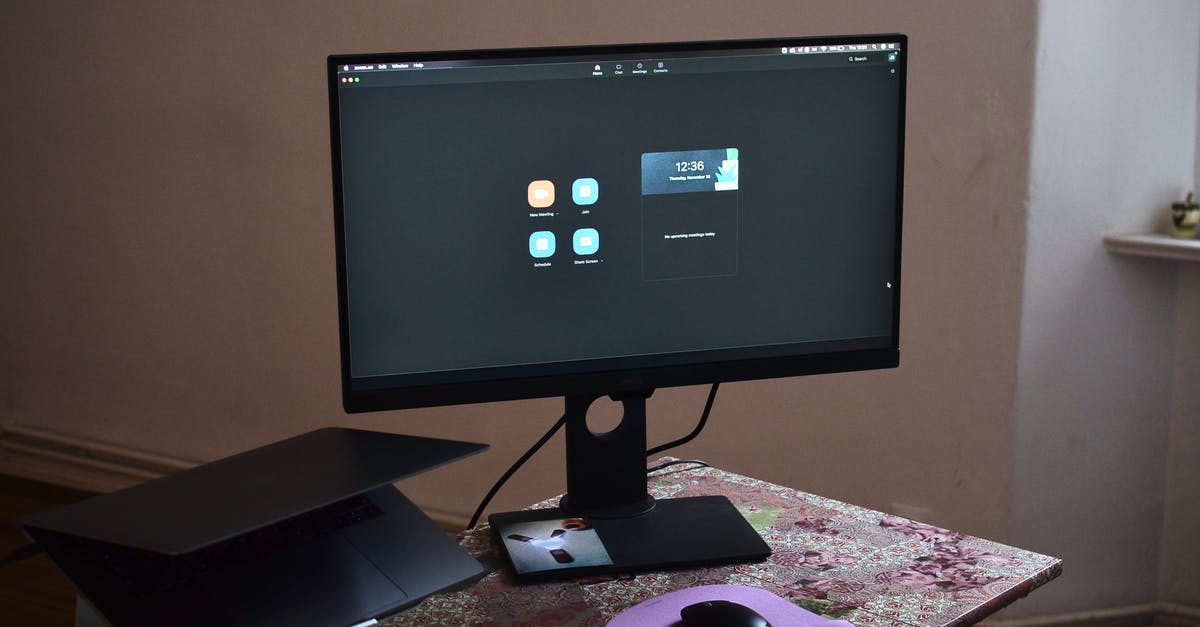King Charles: A look back at his life and career

The Holocaust is one of the most tragic events in human history. Tens of millions of people were killed in a campaign of genocide and millions more were displaced. The world has learned many lessons from the Holocaust, but one of the most important is the importance of never forgetting.
This year marks the 75th anniversary of the liberation of Auschwitz, and we must use this occasion to remember the victims of the Holocaust and to recommit ourselves to fighting bigotry and hatred in all its forms.
Charles, the Prince of Wales, has been a vocal supporter of Holocaust education and remembrance. He has visited Auschwitz multiple times, including on a landmark trip in 2020.
1. How did Charles’ 2020 visit to Israel go?
King Charles’ 2020 visit to Israel was a resounding success. His majesty was able to meet with a number of key leaders in the country, including Prime Minister Benjamin Netanyahu. The two leaders discussed a range of topics, including the importance of the special relationship between the United Kingdom and Israel. King Charles also had the opportunity to visit some of Israel’s most iconic sites, including the Western Wall and the Temple Mount. The visit was a historic moment for both countries, and it is hoped that it will help to further strengthen the bond between them.
2. What are some of the issues that Charles has spoken out about?
King Charles has been a outspoken critic of many issues affecting Britain today. He has spoken out against austerity measures, calling for more government spending on social welfare programs. He has also been critical of the government’s handling of the Brexit negotiations, calling for a more conciliatory approach. In addition, Charles has been a vocal proponent of environmental causes, calling for more action to be taken to combat climate change.
3. How does the British monarchy work?
The British monarchy is a system of government in which a hereditary monarch is the sovereign of the United Kingdom of Great Britain and Northern Ireland. The monarch is the head of state and the commander-in-chief of the armed forces, and their powers are limited by the constitution. The current monarch is Queen Elizabeth II, who has reigned since 1952.
The monarchy works on the principle of parliamentary sovereignty, whereby the power of the monarch is limited by the Parliament. Parliament consists of the House of Commons, which is elected by the people, and the House of Lords, which is made up of hereditary peers and senior clergy. Parliament passes laws, which the monarch must then sign into effect.
Quick Summary
It is clear that the new British monarch has a lot on his plate. He will need to tread carefully on a number of issues, most pressingly how to carry out his role as head of state. With a fresh Scottish independence vote and a potential Northern Ireland Border poll on the horizon, the stakes are high. The new monarch will need to maintain a good relationship with the British Jewish community and shoring up his bona fides with Israel will be crucial in this regard. Ultimately, the success of his reign will depend on his ability to connect with the public and gain their support.








